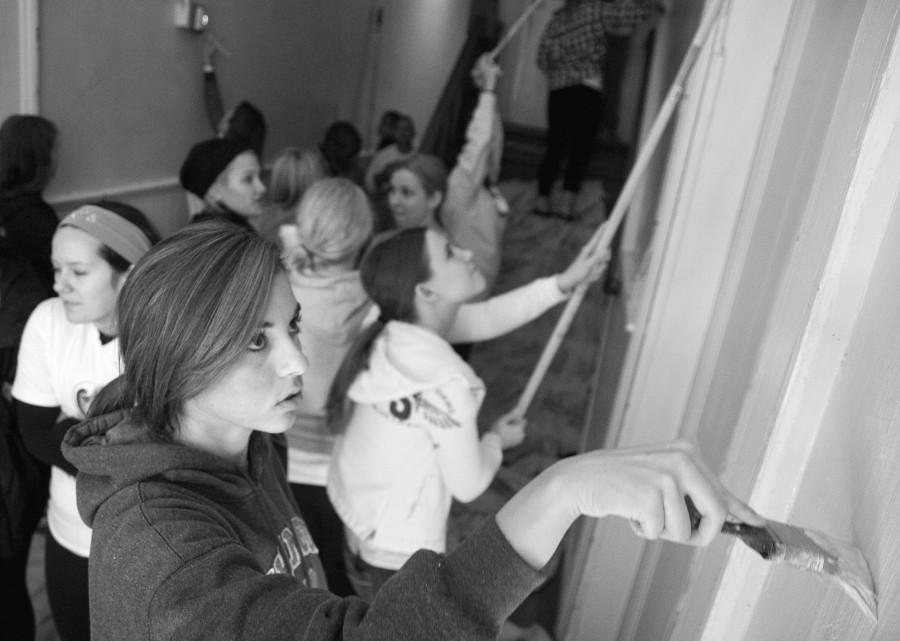Loyola has indirectly become a multi-million dollar contributor to New Orleans and the entire state of Louisiana. The university released an economic impact report showing how it has contributed $128.9 million into the local economy during the 2009 -2010 academic year.
The report is the first the university has released since Hurricane Katrina and shows Loyola’s recovery since the storm as well as its contribution to the recovery of the local community said University President the Rev. Kevin Wildes, S.J.
“I think it’s good to remind people that we are contributing and what we’re doing in the economic world,” Wildes said.
The numbers used to calculate Loyola’s economic impact were taken straight from the university’s budget said Nate Straight, assessment coordinator for the College of Business. The money Loyola spends impacts many different areas, according to Straight.
“Not only does the business sector of the economy benefit from people spending money in the region, but also the government sector of the economy and the public sector benefit from the payroll,” Straight said.
The university contributes through income taxes paid to the state, its operation fees and through the money its employees and students spend throughout the community. Out of the $128.9 million total, $39.8 million comes from employee consumption spending.
The only major assumptions made when putting the report together were made when calculating the employee consumption spending, Straight said.
To find the employee consumption spending numbers, the gross payroll that combines the pay of full-time and part-time university employees was taken and calculated at $52.4 million. That number was divided by the number of employees and the average salary, $48,790, was found. After removing state and national income tax the average disposable income of a Loyola employee was found at $39,046. The average national personal savings rate of 5 percent was applied to the number, assuming that Loyola’s average is the same, resulting in the estimated $39.8 million spent by employees in the community during the last academic year.
“The assumption here is that our employees for the most part live in the state, in the city they spend their money on food housing, schools, in the area,” said Straight. “The vast amount of what they spend is going to be spent in the local area.”
Wildes said that the university is looking into ways to contribute more directly to the local economy. As a non-profit organization, Loyola does not pay property taxes, which contribute to police and fire services. The university is now looking to find a way to contribute to those city services without losing its nonprofit status.
“I would look at contributing to the city for its service,” Wildes said. “We do use city services, we use fire and police. Things like police protection, I want those services for the whole university, especially for students. “
The students Loyola attracts to the area are most important part of what Loyola does for the community, according to Wildes.
“They come here for an education and the real success story for the city is the people who graduate and decide to stay,” said Wildes.
Sam Winstrom can be reached at [email protected]








